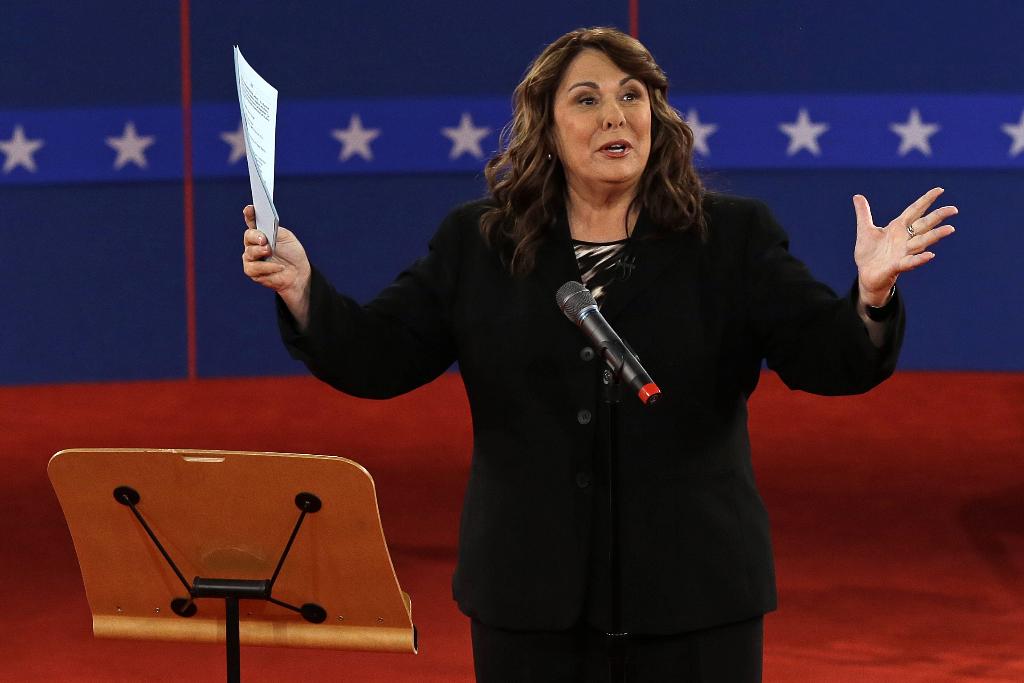Difference between Moderator and Mediator

The term ‘moderator’ is often used to refer to the chairman of a meeting. This word is used in many spheres of life and settings, like government, religion and private organizations. These moderators enjoy certain powers and responsibilities. A moderator has to set the tone and agenda of a meeting and must ensure that it is held in an orderly, disciplined manner and with a positive spirit. A mediator, on the other hand, is a person who acts as a link between two opposed parties, helping them resolve their issues and differences. A variety of other words, like arbitrator and negotiator, are also used in place of the term ‘mediator’.
A moderator and a mediator are two completely different responsibilities and tasks. However, both these responsibilities have been taken up at all levels by individuals in human societies since centuries, although their forms and methods have changed and evolved a great deal in the modern world.
Both these responsibilities require a great deal of competence, and certain skills which are quite similar in nature. A moderator or a mediator must be unbiased and neutral, having the ability to perceive things from an objective point of view.
Instructions
-
1
Moderator
This word is used at different levels. A person who presides over a town meeting is referred to as a moderator, while in many churches around the world, the chairperson of general assemblies is also known as a moderator. Being a moderator is an extremely important task, which is usually given to the most responsible person available, who has the potential to resolve issues and come to an effective conclusion.
In order to justify his responsibility, a moderator has to treat every single individual at a meeting equally, and is required to listen to everyone's opinions before chalking out an action plan. Being a moderator, you cannot afford to favour a particular party, or tilt towards a certain point of view.
Image courtesy: hopeycopey.blogspot.com

-
2
Mediator
If two parties are at loggerheads, it becomes almost impossible for them to come to a point of agreement. In such a scenario, a mediator can help break the deadlock and help the parties come to a conclusion or a decision which is acceptable for both. These mediators can either be individuals on a smaller scale, or organizations at the international level.
Under the flag of the United Nations, there are several organizations which play the role of a mediator in different fields like politics, sports, law and many others. Just like a moderator, a mediator also has to remain unbiased and needs be just; if the mediator fails to act as such, that individual or the organization is likely to lose their credibility.
Image courtesy: naldsgraphics.net








